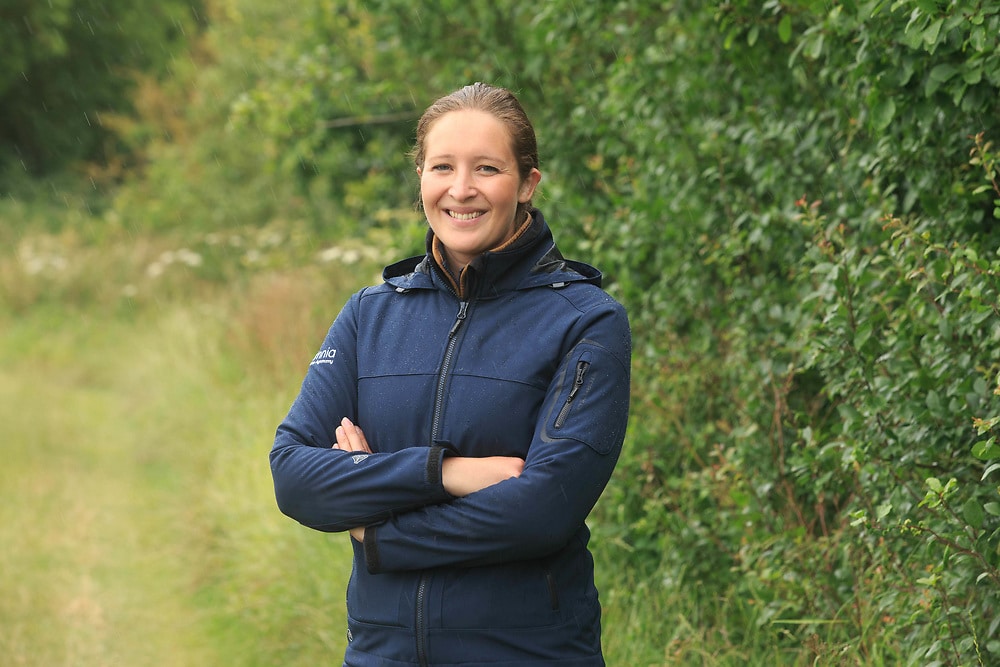An abrupt move from government – Crop Production Magazine
With no hint or suggestion that SFI might be closing soon, the government’s latest move regarding the scheme has left much of the UK farming industry in shock ...
Last month, without any form of warning, Defra announced that SFI was closing with immediate effect, citing high uptake and budget constraints as the reasons behind its abrupt approach to decision making.
| Scenario | What happens next |
|---|---|
| Those with an existing SFI agreement | Nothing changes, payments will continue as usual under the terms of the agreement. If an SFI agreement was entered into this year, payments will be made until 2028. |
| An agreement has been offered but a grower hasn’t accepted | If wishing to proceed, accept the SFI agreement offer within 10 working days of it being offered. If this doesn’t occur, it can be withdrawn. |
| An SFI application was submitted before the scheme was closed but no offer has yet been received | An agreement will be offered providing the application is eligible. |
| An application was started but wasn’t submitted before applications closed | The application can’t be submitted. Exceptions to this are farmers who were blocked from submitting applications due to a system fault or who’d requested ‘assisted digital’ support from the RPA to apply, plus ex-SFI Pilot farmers whose Pilot agreement has ended but haven’t applied for the full SFI 2024 offer on land which was in their Pilot agreement. |
| Those with an SFI Pilot agreement or whose SFI Pilot agreement has ended | Those in the SFI Pilot will be able to apply when the pilot agreement ends. |
Expert insight
Hutchinsons’ head of environmental services, Georgina Wallis, highlights that now is far from the best time for farmers to have to devise a plan B.
“Given we’re in the spring and therefore a busy time of year, it’s very poor timing and causes such distrust.
“However, the message is if you’re in a scheme, concentrate on delivering it as per the stipulated guidance. If you’re not, then start preparing a plan for when SFI is available again in 2026, working with a trusted advisor to identify suitable options.
“And importantly, don’t rule out applying for other schemes whether that be grants from water companies or wildlife organisations, or, biodiversity net gain. It’s not the end of funding altogether, so it’s an ideal time to explore those alternatives,” she says.
According to Georgina, Hutchinsons is devising a decision tree to help guide farmers during the months ahead. “SFI’s closure has happened and there’s little we can do about it, so I think the best thing to do is focus on finding appropriate solutions to move forward,” she concludes.
